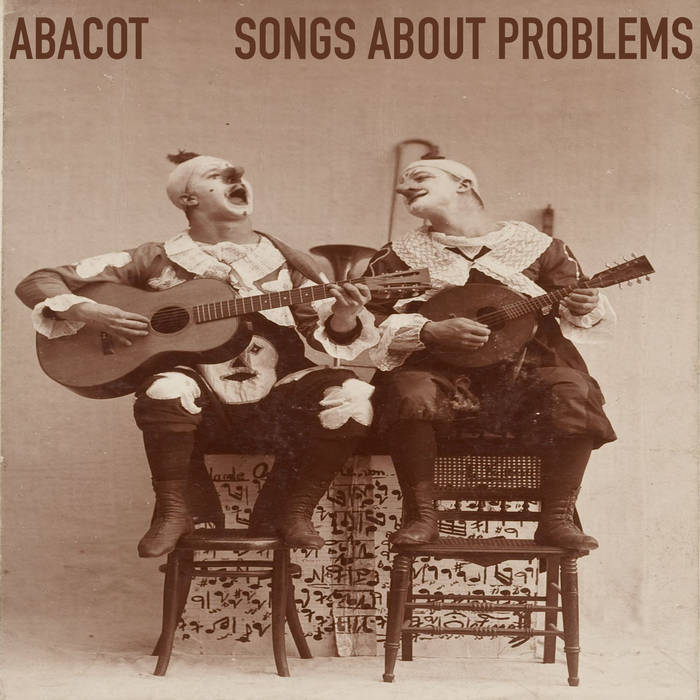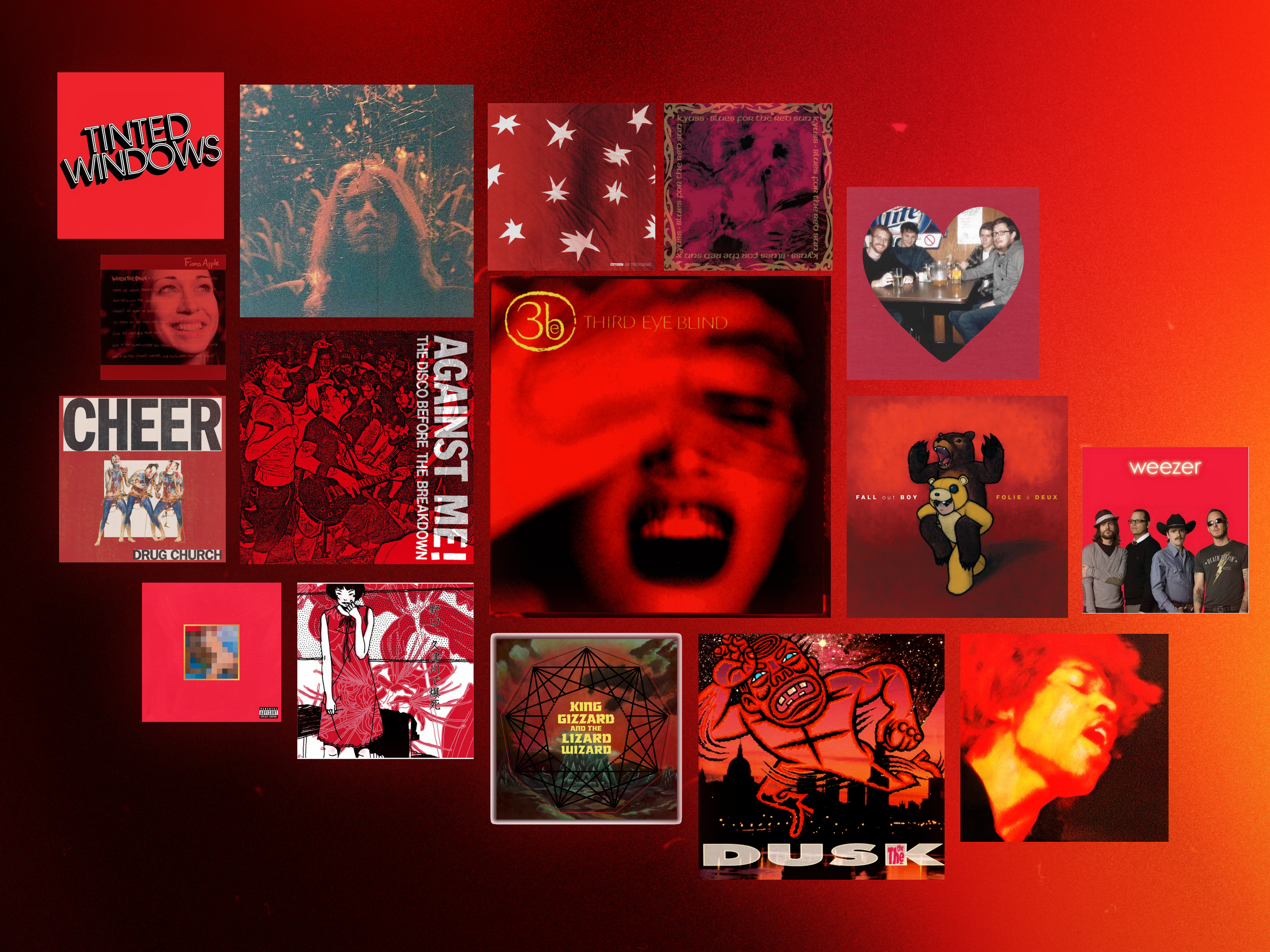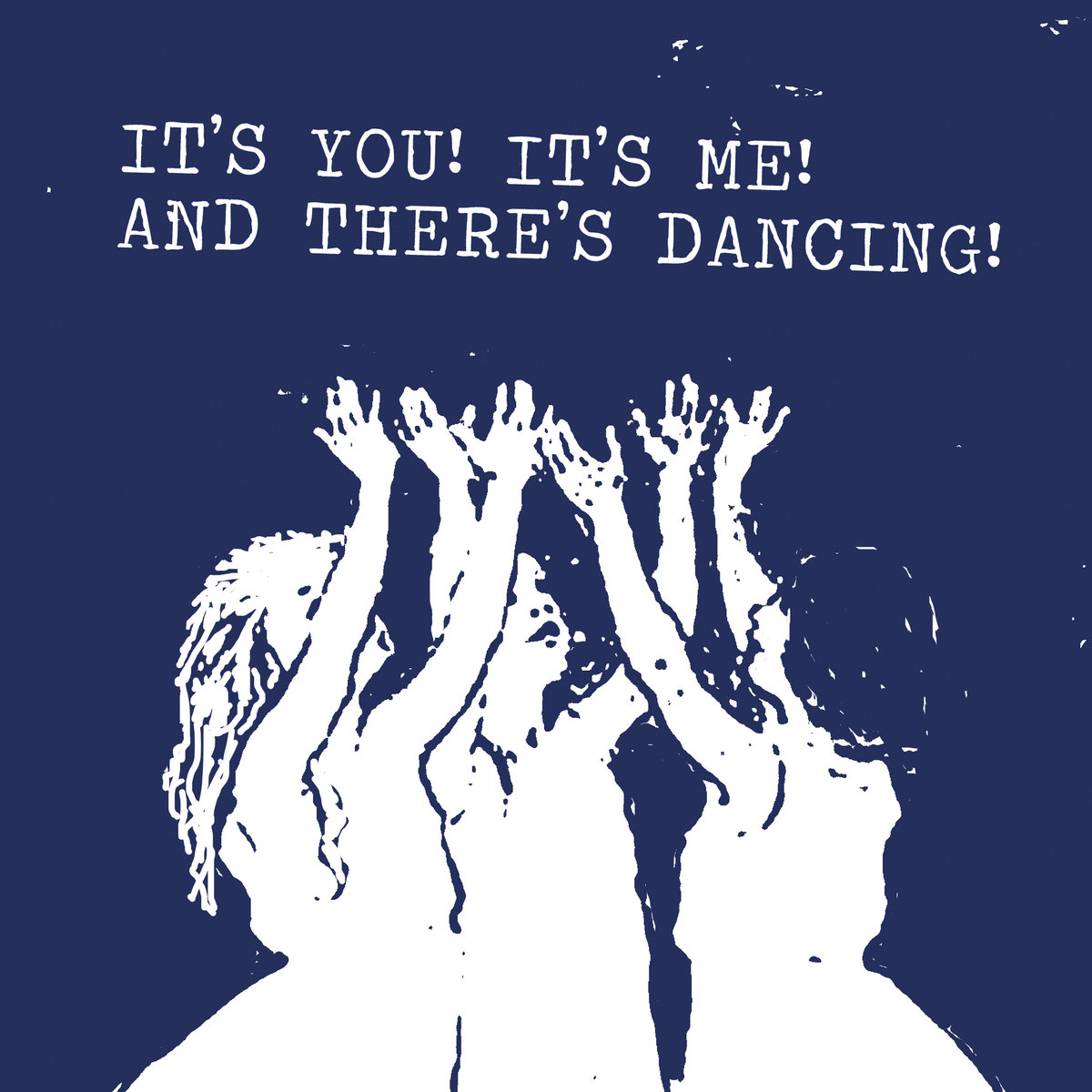Stress Fractures – Stress Fractures | Album Review
/Acrobat Unstable and Old Press Records
Stress Fractures is officially my first obsession of the year. You know, the first thing to come out in January that really hooks ya. The album that keeps pulling you back in. The one you just can’t get away from. Over the past couple of weeks, this has been an easy record for me to throw on whenever I can’t decide what I want to listen to, mainly because it has the exact kind of ingredients that I find endlessly satisfying.
Right up top, I’d like to clarify something important because there are technically three “Stress Fractures” here:
There’s Stress Fractures, the band from South Carolina.
There’s Stress Fractures, the self-titled album by Stress Fractures the band.
Then there’s “Stress Fractures,” the lead single off Stress Fractures by the band Stress Fractures.
Got all that? As a blanket statement, Stress Fractures is great, but I’d specifically recommend starting with “Stress Fractures,” the song.
The band’s eponymous single starts off with a drumroll that revs the track to life like someone yanking the chord on a chainsaw. One guitar power slide later, and the listener is thrust into an unrelenting torrent of anxious pop-punk energy. After a few moments of pit-churning riffage, lead singer Martin Hacker-Mullen approaches the mic and unleashes their distinct scream.
I ALWAYS FIND MYSELF
IN SITUATIONS THAT I
WOULD RATHER NOT BE IN
The words are belted out with the confidence of all the greatest DIY vocalists, landing somewhere between Starts Hollow and Ben Quad. On paper, the lyrics read like the spiritual successor to that one Kim Katral quote, and I mean that in the most complimentary way possible. There’s just something so universal about finding yourself in a “Situation,” and I’m glad we’re finally addressing that as a society.
After a second bellowed verse, the song drops out to just the drums and some arrant guitar noodles as Marty lists off a series of positive changes they’ve made in a monolog-ey delivery that sounds remarkably like Sorority Noise.
I’ve been doing better, I keep to myself.
I stopped being bitter, I started looking for help.
I stopped halting progress, I started accepting change.
I became comfortable with things not staying the same.
From here, Marty continues to shift gears, changing deliveries with each passage as they take the listener on a tour of all the different types of music that have been influential to this project. There’s some twinkly guitar tapping for all you midwest emo freaks, some impressive drum fills, and some hard-charging post-hardcore power chords. All the while, the verses deal in the extremes of life, not shying away from words like “love,” “hate,” and “losing control.”
With just a minute left, things crest to a halt just for a beat, only for a shreddy Guitar Hero solo to reinfuse the song with forward momentum, eventually making way for a phenomenal guest feature from Tyler Stodghill of Stars Hollow. It’s exhilarating, endearing, and ever-changing, and that’s the exact type of energy I want in my music right now.
The rest of the album sets up shop within a similar spectrum of emo and pop-punk. There’s an easycore breakdown on “It Could Be Better,” acoustic brilliance on “But It’s Good Enough,” and some instrumental riffage on “Cactus Street.” There are songs that transition into one another seamlessly (with song titles that link up in the same way), making the record feel like it’s in conversation with itself. From the opening whir of “Life Is Short...” to the emphatic closer “Rocket Ship To Heaven,” there’s hardly a dip in energy, and the whole thing feels remarkably self-contained. The lyrics wade into everything from tour life and poor health choices to more existential worries like disappointing your loved ones and pissing off your friends.
Ultimately, the record arrives at a pretty mature understanding of how these factors can compound to make each other worse. Just like The Wonder Years sang 13 years ago, our narrator realizes that there’s no combatting depression with video games, drugs, or surface-level distractions. On the penultimate track, Marty delivers a line that gives me goosebumps every time, capturing a hyper-self-aware moment of clarity.
I’m the only thing that’s ever been in my way
I’m the only one who can make things change
But it’s easier to fuck around and make a mess and whine and complain
Jesus Christ, I made a mistake
Man, if there is a verse that sums up the entire genre of emo music better, then I don’t know it. Despite the often-drastic all-or-nothing nature of the subject matter, the whole record has a relatively upbeat quasi-posi-punk quality. As shown in that quote above, what makes Stress Fractures different from other emo bands is that they’re not just whining; they already have their sights set on betterment. They see the big picture.
Throughout this album, Marty also displays a deft understanding of (and ode to) the music that shaped their taste. You can feel the excitement of a hundred basement shows lifting these instrumentals up. You can hear the earnestness of peers and the encouragement of friends bleeding through the lyrics. You can even hear the stylistic overlap between Marty and fellow Acrobat Unstable founder Eric Smeal’s grungy shoegaze project Clearbody (of which both are members). What’s impressive is how Stress Fractures takes all of these influences and makes them their own with a unifying sound.
The Bandcamp page for Stress Fractures describes the album as “A collection of songs regarding the loss of self” and memorializes the release as “The end of an era.” The description below that quote also gives some vital background information, explaining that the material on this LP was written between May 2015 and October 2020. That fact immediately casts the music in a new light. Stress Fractures is less like a debut record and more like a compilation. The songs were all recorded together with Marty on vocals, guitar, and bass and Caden Clinton (of Pool Kids) on drums, but they reflect back a half-decade of growth, knowledge, and personal development.
That five-year window of 2015 to 2020 immediately gives these songs a retrospective feel. The nearly-one-man nature of the crew performing these songs makes it feel like the band is packaging up some long-gone era of self and shipping it off into the world. The real heads might recognize some of these songs from old EPs and Bandcamp demos, but the new recordings have a singular front that makes everything feel seamless. This approach of cherry-picking past material means these songs have had plenty of time to marinate and tighten up. This benefits the release in a few ways: it means that Stress Fractures works as a greatest hits album, as a formal introduction to the project, and as a larger artistic statement for the band as a whole. What else could you possibly ask for in a self-titled record?
Given that five-year timeline, it’s also worth noting how little these songs feel dated or amateurish. Sure, there’s a youthful quality to the lyrics and their deliveries, but I listen to them now at the onset of 2023 and think, “hell fucking yeah.” The propulsion of these songs overrides any sense of longstanding narrative and keeps you from getting too lost in the timeline. When you throw this album on, the only thing that matters is whatever you’re listening to in that moment. For what could just be a simple 25-minute collection of songs, Stress Fractures possesses an overarching zeal that any listener with half a heart will undoubtedly absorb by the time the closing track rolls around.
I’m excited for everyone else to have this album. I’m excited for these songs to give some emotions and energy to other people’s January. I’ve been waiting for Stress Fractures to hit streaming just so I can share it with my friends and talk about it on Twitter. This record has already been a wonderful companion with me through those first few phantom days of 2023, and based on how much it’s been drawing me back throughout January, I bet I will keep returning to it all year long.






